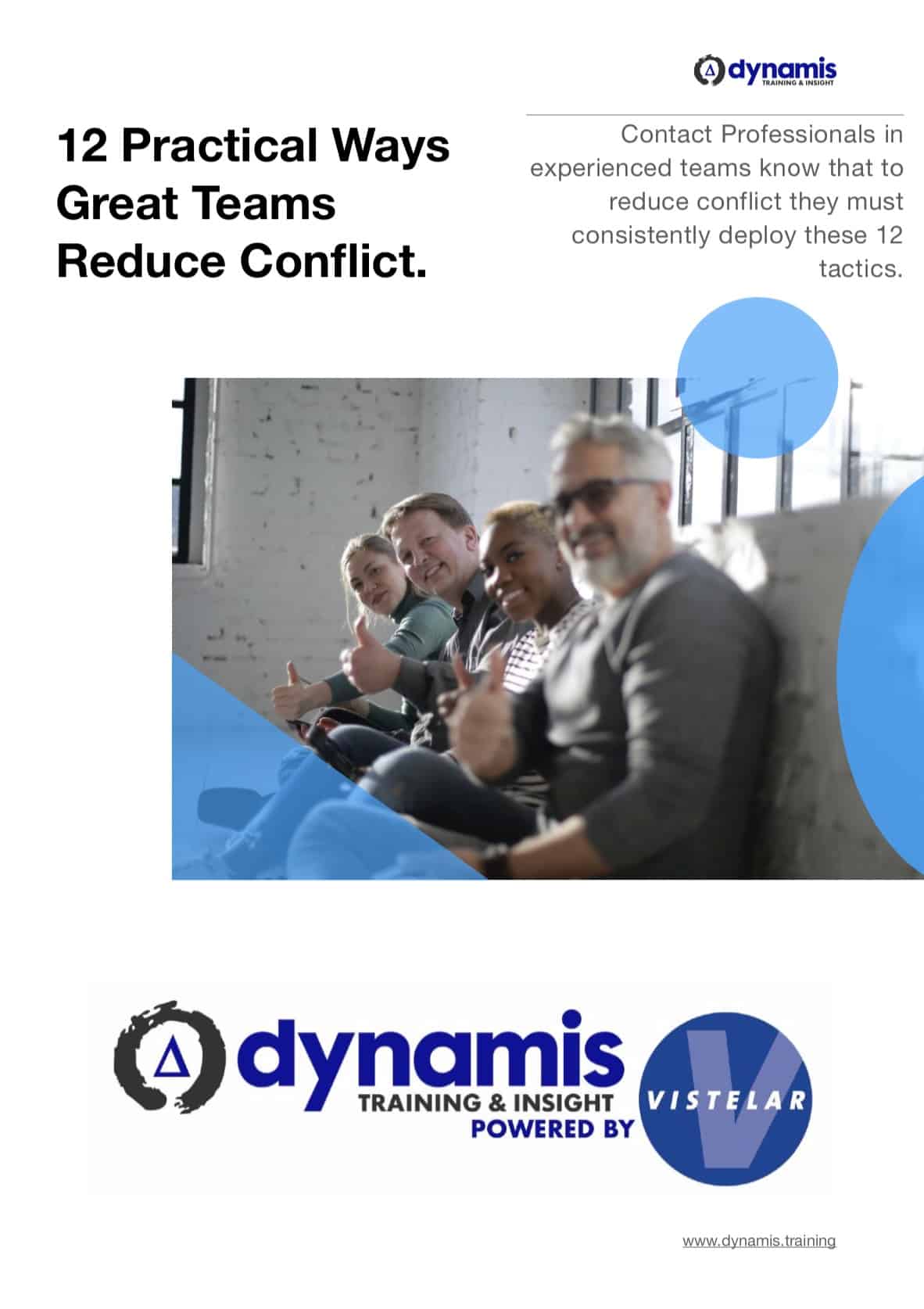We ask all services who take on our protective interventions training (which use a human rights-based approach to care, communication and restrictive practices) to confirm to us that they agree and embody the following values in their services, and have the processes and procedures in place to support these values.
Please ensure that you, or if necessary another person of appropriate seniority within your service, is aware of and can commit to the following values for the use and governance of restrictive practices, such as those taught in the Dynamis Protective Interventions training.
Values for Practice in Restrictive Physical Interventions
All people are entitled to equal enjoyment, social justice and the protection of human rights and fundamental freedoms. Regardless of the behavioural challenges people might present, everyone will be treated with respect and dignity and their care, welfare, safety and security will be maintained.
Supporting people, especially those individuals who at times may present with significant challenging behaviour, requires a commitment to develop personalised services, care and support which places the person at the centre of everything we do.
People are experts in their own experiences. Understanding people’s needs, history, future wishes and aspirations is essential, and a commitment to listen to, and collaborative with the individual, and those significant others who are important in their lives, is fundamental in order to deliver high quality services and outcomes.
Our leaders and managers will take an active role in reviewing the use of all coercive and restrictive practices, and will develop a range of organisational approaches to ensure all forms of restraint are minimised. Our leaders and managers will create a positive culture, and work alongside all staff to ensure restrictive practices are not misused or abused and remain the last, and not the first resort.
We will ensure all forms of restrictive practice are recorded and reported. The use of restrictive practice will be considered an organisational inability to deliver effective support, care or treatment, and as such will be reviewed in an open and transparent way, so that we can learn more about the person in order to offer more person-centred, effective services which do not rely on such restrictions.
People who may be subject to restrictive practices will be given clear information about the range of restrictive approaches approved and authorised within the service, the circumstances which govern their use, and whom to complain to if there is concern about how these measures are implemented.
People who are subjected to or are involved in applying restrictive practices, will have access to someone they can talk to about their experiences. It is essential that people have access to support and help if required and are supported to complain if they are unhappy regarding any aspect of the care and support we provide.
Use of any restrictive practice will be undertaken in the best interests of the person, and only as a last resort in an emergency to maintain safety in circumstances where there is immediate or imminent harm, where none restrictive alternatives cannot be used or have failed.
We will make everyone accountable for the use of restrictive practices, and require a clear and robust justification when such approaches are used.
Wherever possible, the use of restrictive interventions will be assessed and planned to meet the specific needs of the individual, taking account of their history, physical and psychosocial needs and preferences, in order to minimise distress, trauma or risk of harm.
The use of any restrictive practice which is considered degrading, abusive or inhumane is unacceptable and will be prevented. We will not authorise or approve any restrictive intervention which, by design or misapplication, is likely to lead to avoidable pain or injury. Restrictive practices will not be used to enforce rules, to punish or coerce, or as a substitute for a lack of resources.
We will ensure that all our staff are appropriately trained to use restrictive practices, as part of a wider commitment which will ensure our workforce are knowledgeable and skilled in using non-restrictive interventions which are embedded in person-centred thinking, positive behaviour support, recovery and social inclusion.
Our senior leaders are aware that this training is taking place and are invited to observe the training and its supporting resources, ensuring their familiarity with the approaches, methods and outcomes which the training aims to achieve.
Where risks to staff or service users change in our workplaces, or where additional training needs are identified, we will contact Dynamis (or another suitable provider) to address any gaps in our team’s training in order to ensure that we are bringing incidents of restraint to a safe and secure resolution in a timely manner. This includes any ‘near miss’ events in our services where there are dangerous or prolonged restraint incidents.
RPI Values Agreement
Formal acceptance before certification

